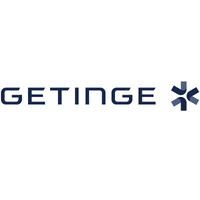Did you know that women spend 25% more of their lives in poor health than men? This discrepancy is largely due to women’s health issues often being overlooked, misdiagnosed, or shrouded in mystery. Research by the World Economic Forum, in collaboration with the McKinsey Health Institute, highlights the vast potential for change: closing the health gap between men and women could unlock 75 million disability-adjusted life years (DALYs) and contribute $1 trillion to the global economy each year.
The reality is that global health and social systems have largely been built with men in mind. This has led to the underdiagnosis and mismanagement of many conditions that are preventable and treatable in women, contributing to a significant health gap.
Nine major conditions—Ischaemic heart disease, Cervical cancer, Breast cancer, Maternal hypertensive disorders, Postpartum hemorrhage, Menopause, Premenstrual syndrome (PMS), Migraines, and Endometriosis—are responsible for more than a third of this gap. Addressing these conditions requires not only better data and more effective treatments but also improved healthcare delivery and increased investment.
One such example is Ischaemic heart disease, the leading cause of death worldwide for both men and women, claiming 9 million lives annually. By analysing clinical trial data through a gender lens, researchers have uncovered critical differences in how men and women respond to treatment, experience side effects, and even face distinct biological factors that affect their health.
This is why experts like Dr. Angela Maas are so important. With over 35 years of experience in cardiology, Dr. Maas has focused on heart disease in women and founded the first outpatient clinic for women in the Netherlands. Her work through the Hart voor Vrouwen foundation and her role as a professor of Cardiology at Radboud University are key steps toward improving care for women with cardiovascular diseases. On March 6th, we are honored to welcome Dr. Maas as a speaker for our Women’s Day Lunch event. Join us to gain insights into her groundbreaking work and the critical need for a gender-sensitive approach to healthcare.
To find more information abut our Women’s Day Lunch, press here.
Source of information: Healthier Women, Stronger Economies: The Case for Investing in Women’s Health > Press releases | World Economic Forum
































